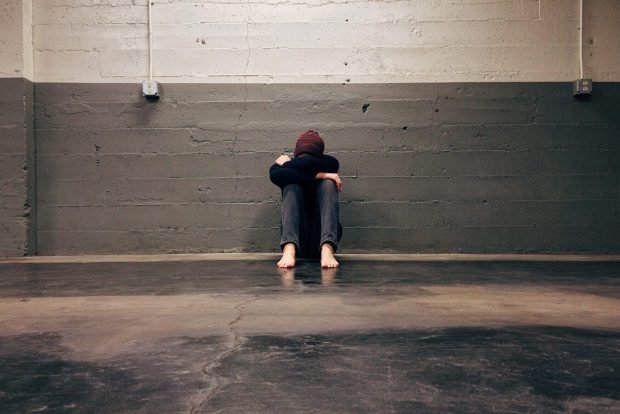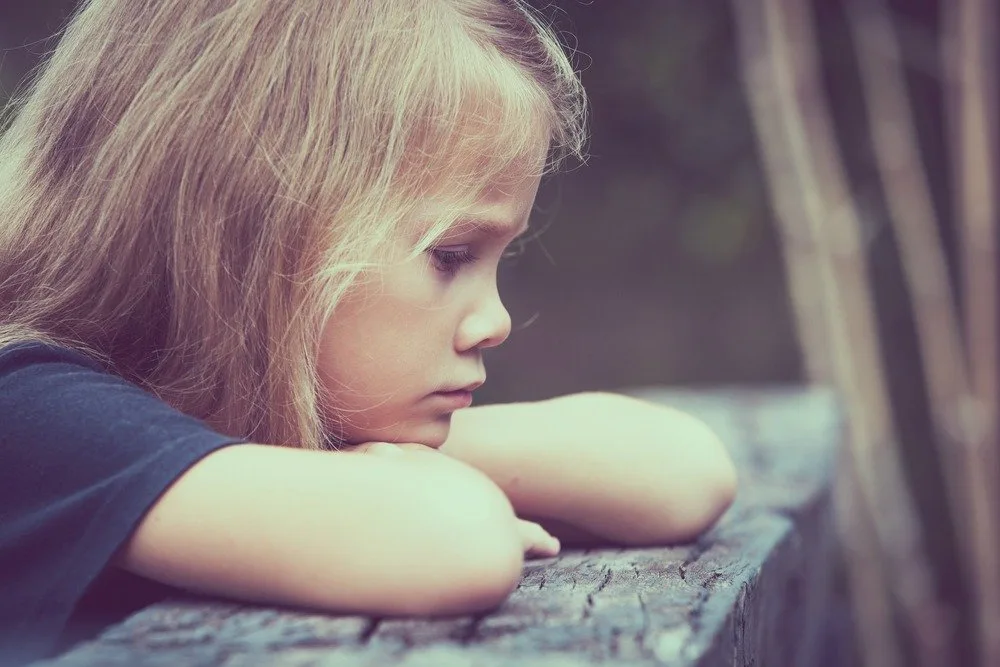There isn’t much better in life than having children. Watching children grow up to become something that can be rewarding enough, but when you see them apply the principles that you have taught them along the way, it can be more than rewarding. Not only will children apply these principles and techniques that you taught them in the real world, but they will add their own. Watching your child go out and achieve success with the values that you instilled in them can be truly overwhelming. Unfortunately, this is something that not all children will experience.
Sometimes children can be held back by their parents or situations they are placed in. Maybe you put your child in so many stressful situations that he or she developed anxiety. Perhaps your child just naturally developed anxiety at an early age, but you missed the warning signs. Now, the disease is full-blown and controlling your child’s life. Whatever the situation is, you always need to be aware of the early warning signs of anxiety, how it affects your child’s life, and what you can do to prevent it from controlling your child’s life. That is precisely what you are going to learn below.
Anxious Brains Act On Their Own
If you are going to truly help your child cope with his or anxiety, you are going to need to learn the early warning signs. It might be the case that your child is dealing with anxiety. It might also be the case that he or she is dealing with some other mental disorder. Parents can be responsible for messing up their children. Chances are you are not a trained doctor or psychologist, so how can you, with 100 percent certainty, diagnose your child? You can’t, and this is why it is always important to be able to spot and pinpoint the early warning signs. You will learn about these later, but right now, you need to understand that anxious brains have a mind of their own.
What this means is that your child and his or her brain will react to everything around them. They are going to react when they are placed in certain situations. They are going to react when you talk to them a certain way. And they might even react differently when you punish them. All these reactions will develop later, and the physical structure of their brains in some way or shape. This is why it is important to understand how an anxious brain works. By understanding how the brain works, you can provide the exact experience and situations that your child needs to strengthen the relevant connections to nurture their mental health. You can play a vital role in the development of your child’s brain, and if you want to help him or her combat anxiety, that is exactly what you are going to have to do.
What You Need To Know About The Brain During Anxiety 
There is simply no denying that the brain is a complex component. Scientists and engineers have been studying it for years, and they still know very little about it. Of course, this doesn’t mean that they aren’t making developments. And that is just what they have done. Medical professionals now know that the brain is made up of different sections of hemispheres. This would be the right hemisphere, the left hemisphere, the frontal lobe, and the back lobe. In fact, there is a good chance that you have heard some doctors refer to the brain in different sections before.
Well, the most important thing to note is that these sections need to work cohesively. Think of them as a team competing for the state championship. If the coaches, the offense, and the defense don’t work in conjunction, there is going to be chaos on the field. The brain works in the very same manner. All sides of the brain not only need to be able to communicate with each other effectively, but they also need to be able to function on their own as well. And this is where most of the problems develop with anxiety. One side will overtake the other.
Separation Of The Left And Right
Each side of the brain has a different way of dealing with things and situations. However, in order to effectively and efficiently tackle these problems your child will need to access both sides of the brain. This means that both sides of the brain will need to be working in conjunction to process what is going on. For instance, when you get a restraining order on an abusive spouse, your child’s brain needs to be able to access all sections and hemispheres of the brain to process it. If he or she is not able to then one side of the brain might become more dominant, which is just a common symptom of anxiety.
When your child is feeling anxious it will not be uncommon for the right side of the brain to completely take over. When the left and right sides of the brain are not working cohesively, it can cause a slew of problems. One problem being anxiety. This is a problem because the right side of the brain is more concerned with emotion and the bigger picture, whereas the left side of the brain focuses more on logic and why things are the way they are. The right side of the brain focuses more on what things mean specifically to your child. The right side usually draws on memories, feelings, and images.
Spotting Early Warning Signs in Children
There are several effective ways that you can go about helping your children battle anxiety. However, if you want to do so in the most effective way possible, you need to be sure that your child is, in fact, dealing with anxiety. Of course, there will be no way to do this effectively without taking him or her to a specialist. However, how do you know when he or she needs to visit a specialist? Here are some early warning signs that you need to look out for. First, you will probably notice that your child is more aggravated than usual. This can be triggered by the school or peer pressure.
You will also notice that your child become more worried and stressed about the little things. If your child is becoming overly anxious about school projects or events, this could be a good indication that they are battling anxiety. Signs of depression and withdrawal are also commonly associated with anxiety.
Helping Your Child Combat Anxiety
Luckily, the brain is always open to change, and there are several ways that you can help your child battle these anxious feelings. First, you want to start by never showing resistance when your child is feeling anxious. If you show resistance, it will only make the situation that much worse. Your child will be dealing with things in a flight or fight response. Therefore, you do not want to worsen the situation.
Another unique practice is to teach your child to name the feelings that they are feeling. This will help give you a general idea of how your child is feeling. Moreover, it will also help you devise a plan of action to combat the feelings that they are feeling.



![women [longevity live]](https://longevitylive.com/wp-content/uploads/2020/01/photo-of-women-walking-down-the-street-1116984-100x100.jpg)










